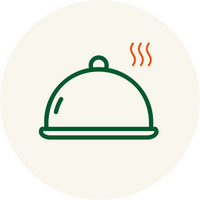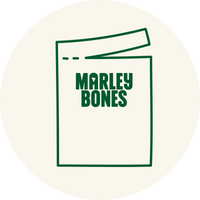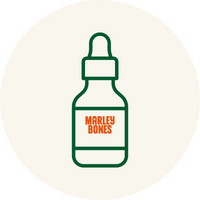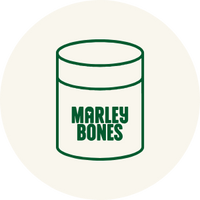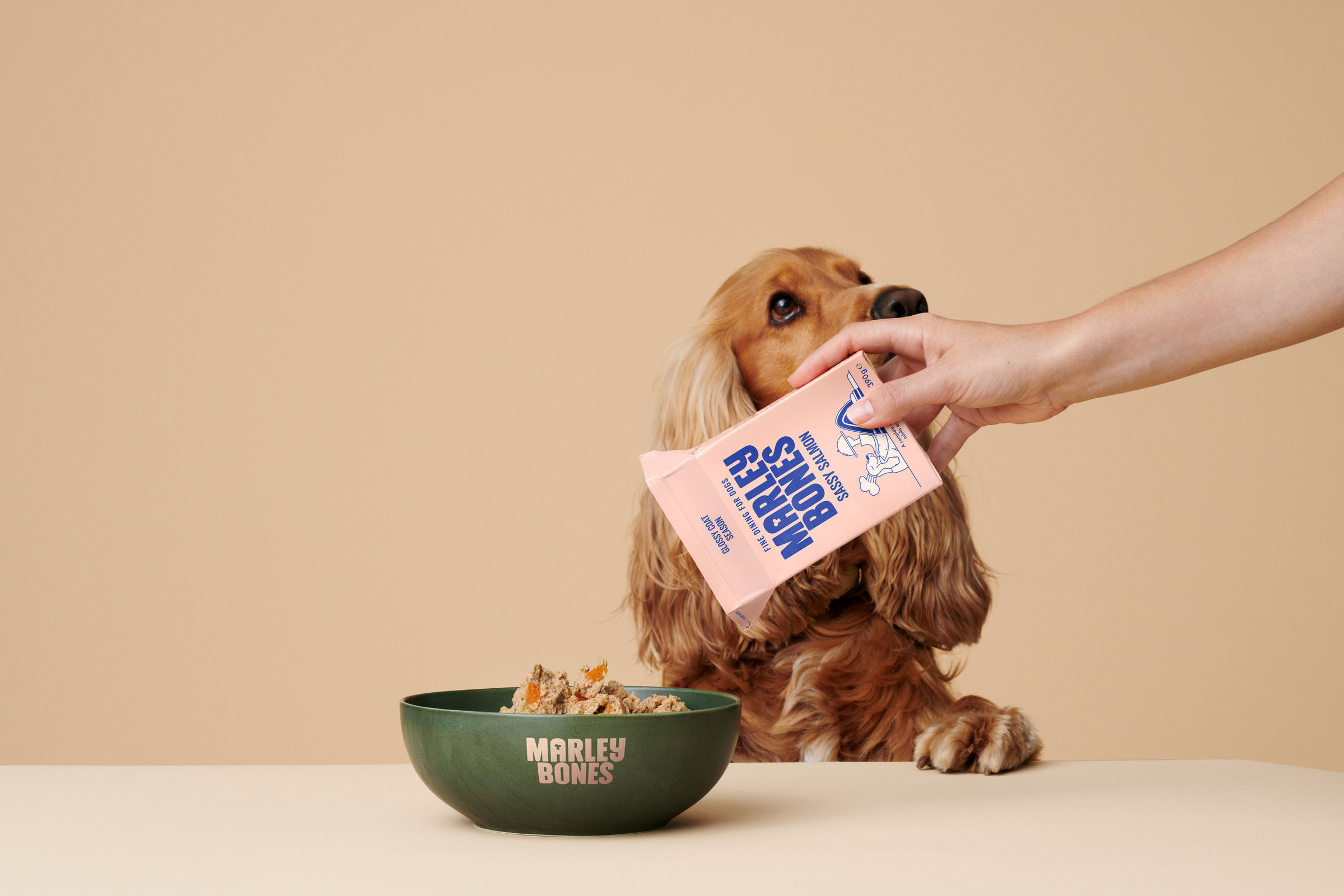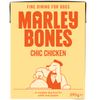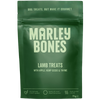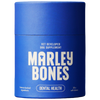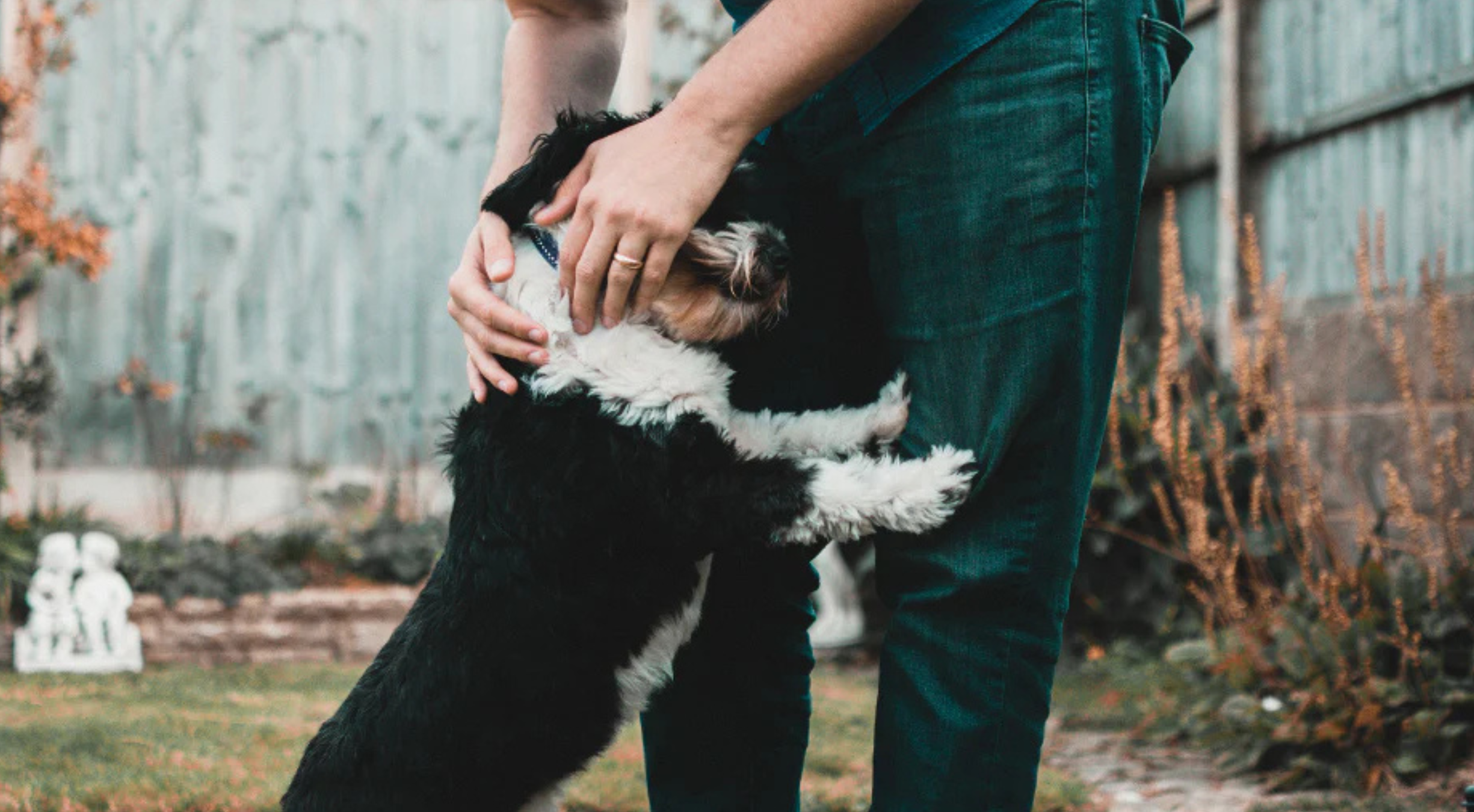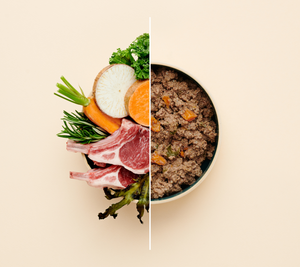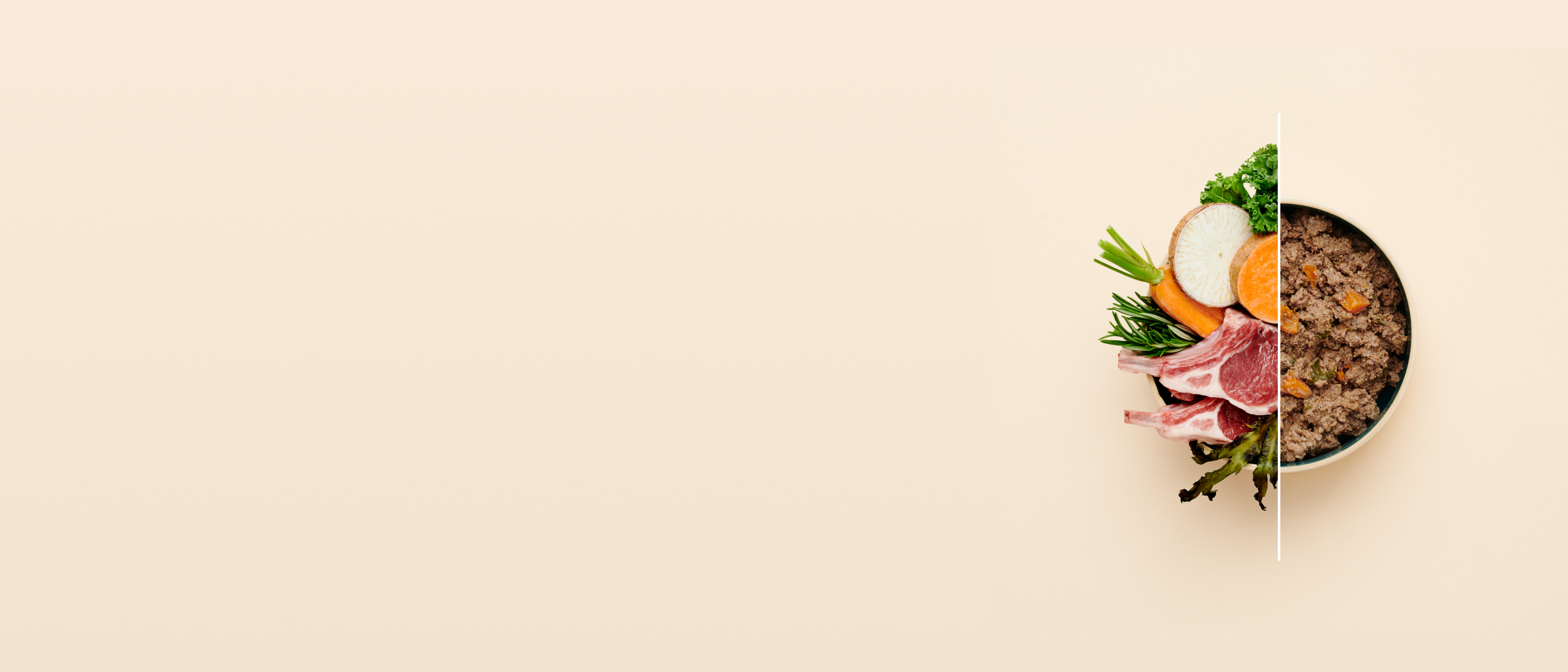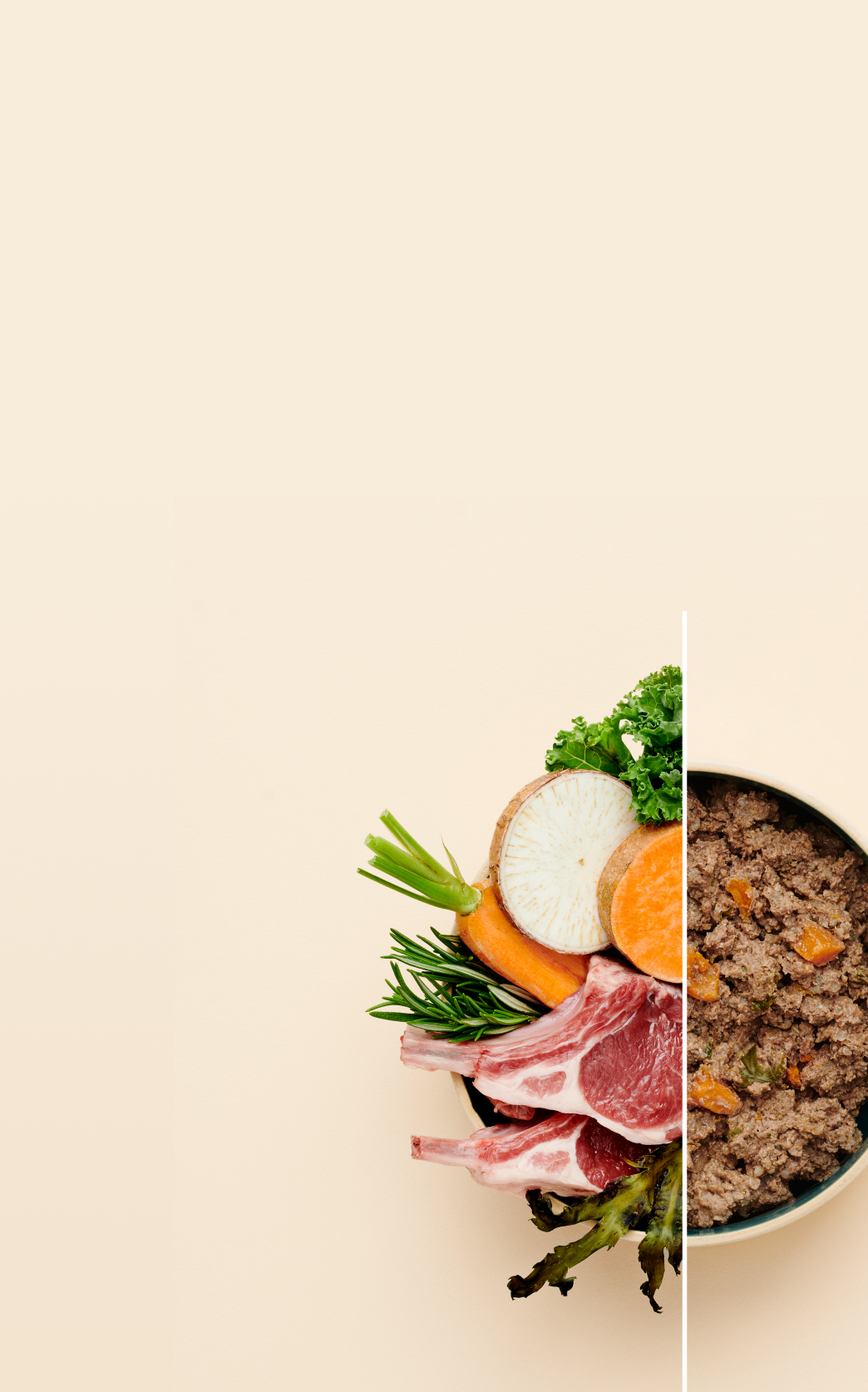Why Do Dogs Nuzzle? Understanding This Affectionate Behaviour
If you’ve ever wondered “why does my dog nuzzle me?” you’re not alone. Dogs nuzzle for many reasons — from showing love and loyalty to seeking comfort, attention, or reassurance. This charming behaviour is rooted in their instincts and is one of the clearest signs of connection between you and your dog.
When your dog presses their nose or face against you, it can be a way of expressing affection, marking you as part of their “pack”, or even soothing themselves when they feel anxious. Understanding why dogs nuzzle helps you respond in the right way and strengthens your bond.
Understanding Dog Behaviour
Dogs communicate constantly through their body language, vocalisations and physical gestures. Nuzzling is one of the most affectionate forms of canine communication — but to really understand it, it helps to look at the bigger picture.
Basics of Canine Communication
Dogs don’t just use their voice to communicate. They express emotions through:
- Body language — tail wagging, ear positions, eye contact and posture
- Vocalisations — barking, whining, growling or sighing
- Physical gestures — leaning against you, pawing, licking and nuzzling
Each of these behaviours carries meaning, and together they form your dog’s “language”. Learning to interpret them — especially nuzzling — makes it easier to meet their needs and build trust.

The Significance of Nuzzling in Dogs
Affection and Bonding
Most of the time, dogs nuzzle as a sign of love. The behaviour mirrors how puppies nuzzle their mothers for warmth, security and comfort. When your dog does this to you, it’s their way of showing affection and strengthening your connection.
There’s even a hormonal link: nuzzling boosts levels of oxytocin (the “love hormone”) in both dog and human, reinforcing feelings of closeness and trust. It’s nature’s way of deepening your bond.
Seeking Attention
Dogs are smart communicators. If they want food, a walk, or simply your company, nuzzling is a gentle but effective way to say, “Notice me!”
Context matters: if it’s near mealtime, it might be a reminder. If you’ve been busy, it could be their way of asking for some attention. By paying attention to when your dog nuzzles, you can better understand what they’re trying to tell you.
Comfort and Security
Dogs also nuzzle when they need comfort. This is common in stressful situations — thunderstorms, vet visits, or being around new people. Nuzzling you is their way of finding reassurance, soaking in your scent and warmth, and feeling safe.
Your presence is the anchor. By nuzzling, they’re saying: “I trust you to keep me calm.”
How To Respond to Dog Nuzzling
Responding positively to nuzzling can strengthen your bond — but it’s important to do it thoughtfully.
Positive Reinforcement
If your dog nuzzles affectionately, reward the behaviour with:
- Gentle praise in a calm voice
- Affectionate petting or physical touch
- A nutritious treat (like Marleybones’ natural range) to create positive associations
This tells your dog that their affection is welcome and builds trust.
Setting Boundaries
Sometimes dogs nuzzle to demand attention. If it becomes excessive (for example, interrupting you constantly), set gentle boundaries by redirecting their focus with a toy or command. Consistency is key.
Understanding Over-Nuzzling
Excessive nuzzling can be a sign of deeper issues, such as anxiety, stress or health concerns. If your dog is persistently nudging or pressing into you, observe their behaviour closely. Are they restless, clingy, or showing signs of discomfort?
- Anxiety: Dogs may rely on nuzzling as a coping mechanism
- Health issues: Pain or illness can sometimes cause clingy behaviour
- Boredom: Dogs without enough mental or physical stimulation may over-seek attention
If you’re unsure, consulting your vet can help rule out medical concerns.

Encouraging Positive Behaviour
Dogs thrive on structure, stimulation and consistent guidance. Alongside responding to nuzzling, these steps can help create a balanced, happy pup:
- Positive reinforcement: Reward desirable behaviours immediately
- Consistency: Maintain clear rules and boundaries
- Mental stimulation: Use puzzle toys, interactive feeders and training games
- Routine: Regular feeding, walking and playtimes give dogs a sense of security
- Socialisation: Exposure to people, dogs and environments reduces anxiety and improves confidence
The Final Woof
So, why do dogs nuzzle? Most of the time it’s their way of showing affection, seeking reassurance or simply asking for your attention. It’s a natural, instinctive behaviour that has its roots in puppyhood and pack life.
Recognising the reasons behind your dog’s nuzzling helps you respond appropriately — whether that means offering affection, providing comfort, or setting boundaries. In return, you’ll build a relationship based on trust, love and understanding.
Next time your dog nestles their nose into you, take it as the compliment it truly is: you’re their source of comfort, their protector, and their favourite person.

